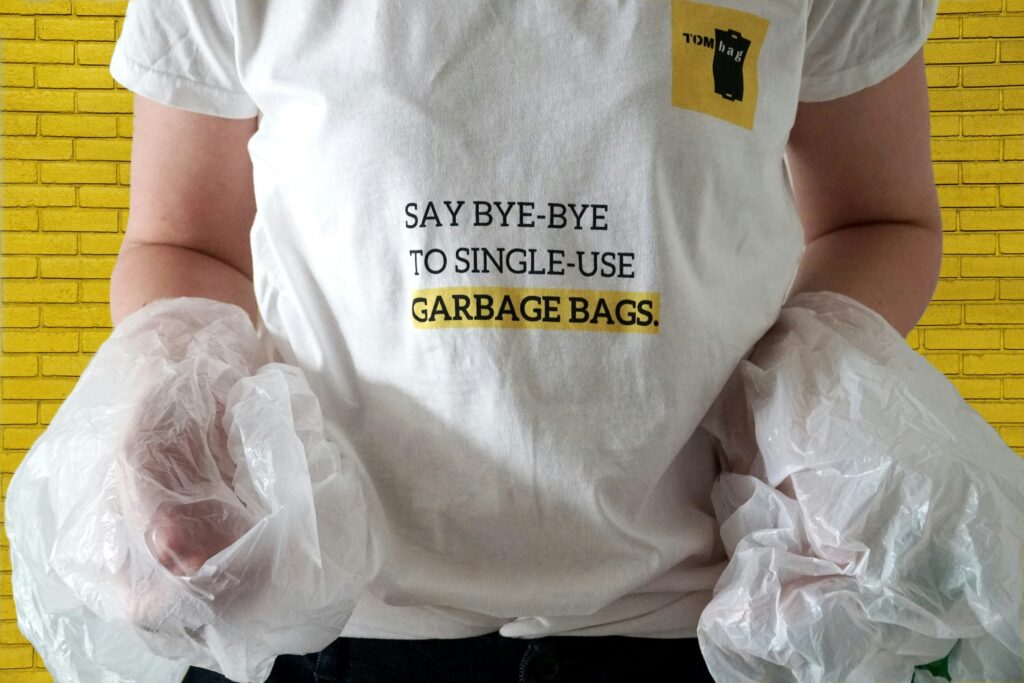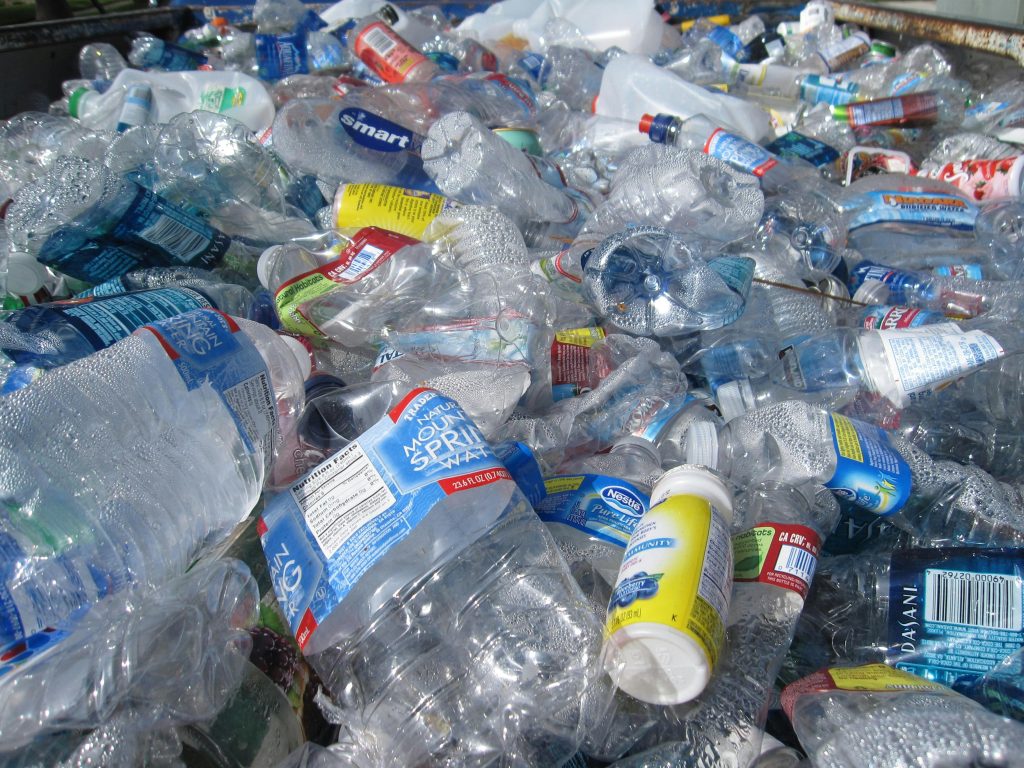Are you looking to cut down on household waste, save money, and live more sustainably? Welcome to the world of zero waste living—a lifestyle that helps you reduce your environmental impact without sacrificing comfort or convenience.

In this guide, we’ll break down the zero waste lifestyle, share beginner-friendly tips, and show you how small changes can make a big difference.
🌿 What Is the Zero Waste Lifestyle?
Zero waste living is a lifestyle that aims to send as little trash to landfills and incinerators as possible. Instead of following a take-make-dispose cycle, zero waste promotes a circular economy—where products are reused, repurposed, or composted.
The focus isn’t on achieving “zero” overnight but on reducing waste step by step.
♻️ The 5 R’s of the Zero Waste Lifestyle
The 5 R’s—made popular by zero waste advocate Bea Johnson—serve as the foundation for living with less waste:
- Refuse what you don’t need (e.g., freebies, flyers).
- Reduce what you use (declutter and buy less).
- Reuse items (switch to reusables like water bottles and bags).
- Recycle responsibly (only when the above aren’t possible).
- Rot (compost food scraps and natural materials).
These five principles help you rethink your consumption habits and lower your environmental footprint.
🛠️ How to Start a Zero Waste Lifestyle: Step-by-Step Tips
Starting a zero waste journey doesn’t have to be overwhelming. Here are practical, beginner-friendly ways to reduce waste every day.
1. Swap Single-Use Items for Reusables
Replace common disposables with sustainable alternatives:
- Plastic bags → cloth tote bags
- Water bottles → stainless steel or glass bottles
- Paper towels → washable cloths
- Coffee cups → reusable travel mugs
2. Shop in Bulk and Use Your Own Containers
Buying dry goods like grains, nuts, and spices in bulk helps you:
- Reduce plastic packaging
- Cut down on food waste
- Save money over time
Bring your own jars or cloth bags to refill stations or zero waste stores.
3. Start Composting at Home
Food scraps make up nearly 30% of household waste. Composting helps:
- Reduce methane emissions from landfills
- Create nutrient-rich soil for plants
- Lower your overall trash output
You can compost even in small spaces using countertop bins or worm composters.
4. Choose Eco-Friendly Products and Brands
Support companies that prioritize:
- Sustainable packaging
- Ethical manufacturing
- Refillable or compostable options
Look for certifications like B Corp, Fair Trade, or plastic-free labeling.
5. Make Your Own Household Products
DIY solutions are often healthier, cheaper, and waste-free. Try:
- Homemade cleaners with vinegar and baking soda
- Natural deodorants and toothpaste
- Refillable skincare or shampoo bars
✅ Benefits of the Zero Waste Lifestyle
Living a zero waste life offers more than just environmental perks:
- Saves money by reducing unnecessary purchases
- Simplifies your life with fewer possessions and less clutter
- Improves health by reducing exposure to toxins and plastics
- Promotes mindfulness in everyday habits
🌎 Final Thoughts: Progress Over Perfection
You don’t have to fit a year’s worth of trash in a mason jar to live zero waste. The goal is progress, not perfection. Even small efforts—like using a reusable bag or refusing plastic straws—add up over time.
Start where you are. Use what you have. Do what you can.
🔄 Ready to Start Your Zero Waste Journey?
Here’s a quick checklist to begin:
✅ Bring your own reusable bags
✅ Switch to a refillable water bottle
✅ Shop local and in bulk when possible
✅ Start composting your food scraps
✅ Follow zero waste creators for inspiration
Want more zero waste tips and guides? Subscribe to our newsletter or follow us on social media for weekly eco-friendly hacks.


